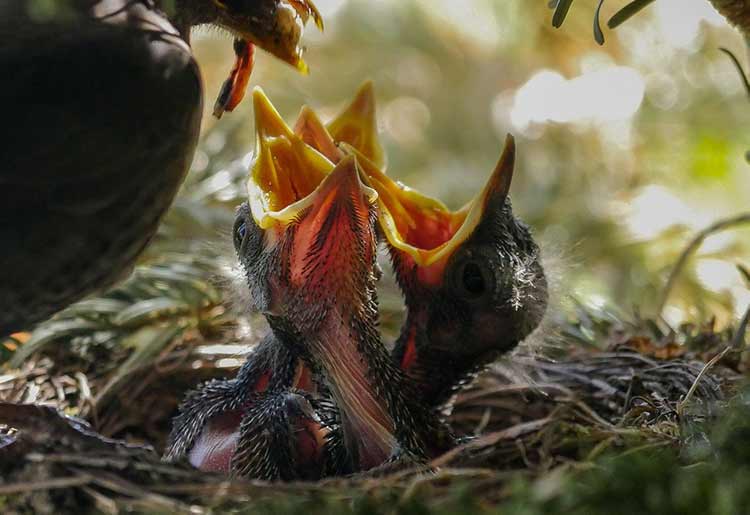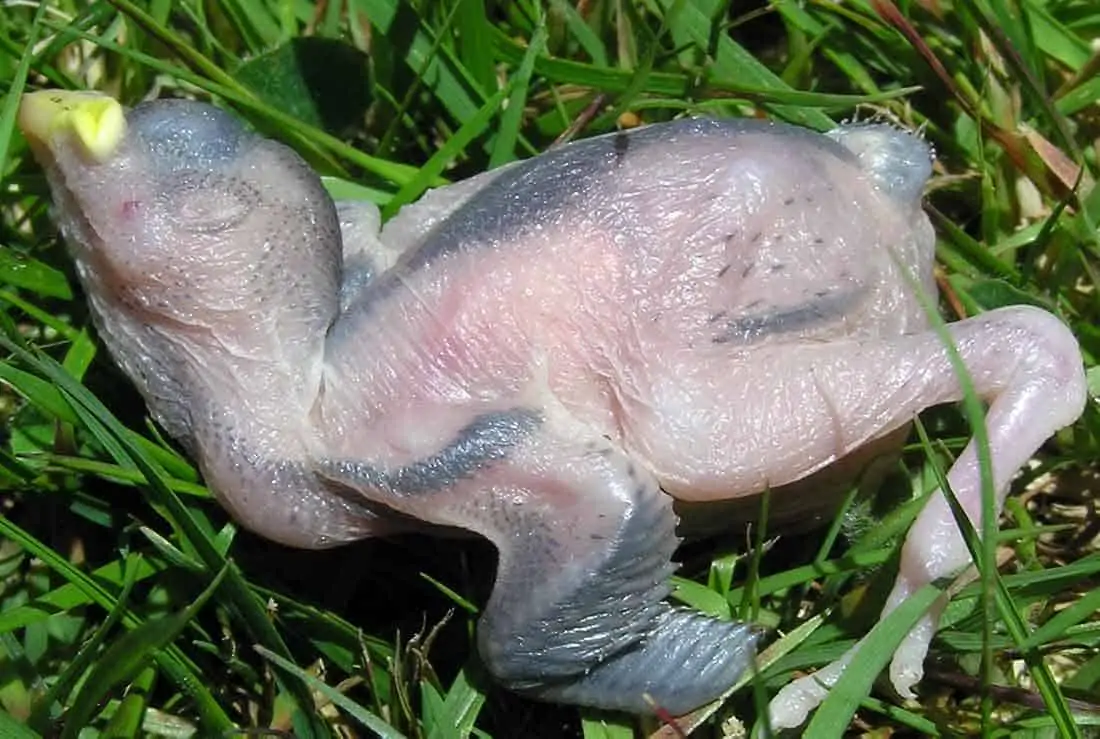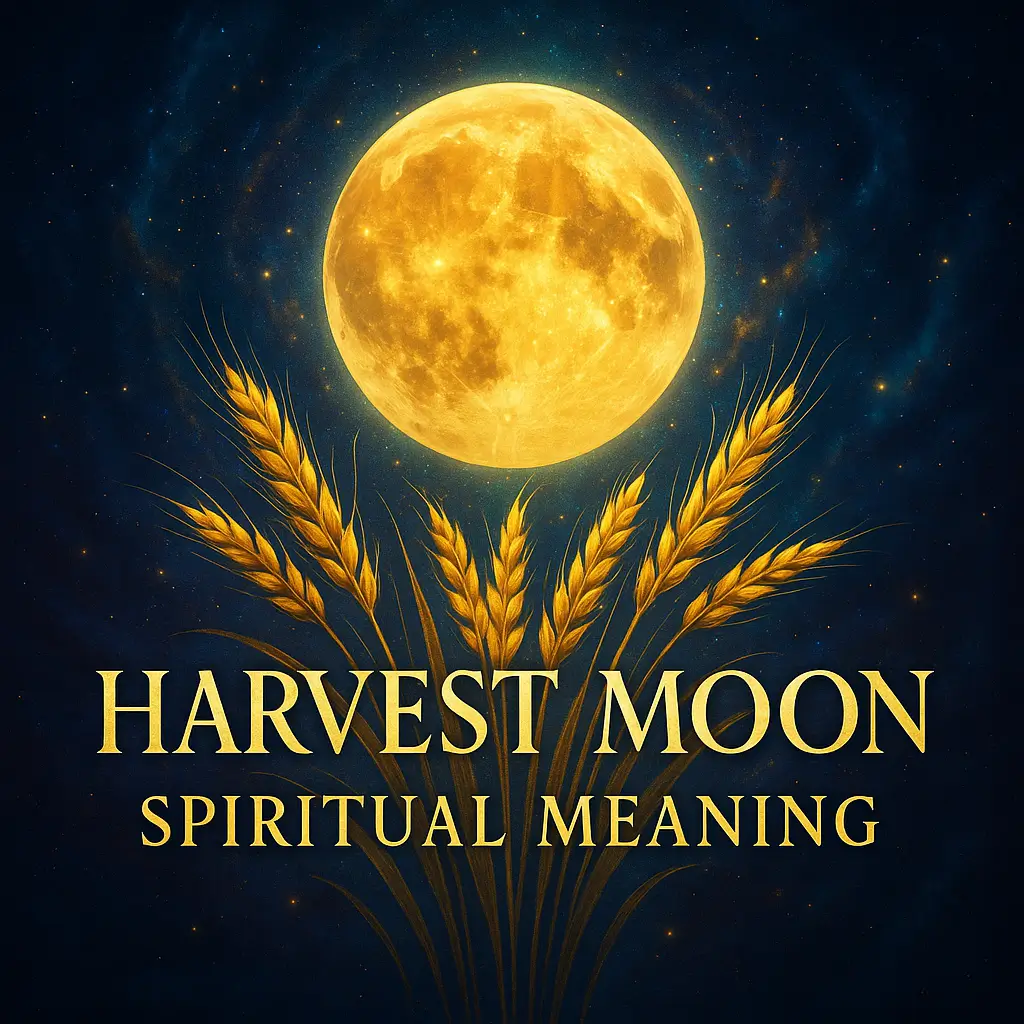Before you allow your imagination to drift, the answer has nothing to do with Armageddon. Although it is always sad to find dead birds, particularly those that are very young, this wistful occurrence is a normal part of the environment.
With their fluffy feathers and squeaky calls, baby birds are naturally appealing to humans as well as to those of their parents, for which seeing them in distress can draw anyone to take action. While things might all look pleasant when you see young birds feeding happily in your garden, life is far from being easy for these insistently cute creatures, making it all common for us to encounter a dead baby bird.
Table of Contents
- 1 Why Do Baby Birds Die?
- 2 Dead Baby Birds On Ground – What To Do?
- 3 Should I Remove A Dead Baby Bird From A Nest?
- 4 What To Do With A Dead Baby Bird? (When You Find A Dead Bird)
- 5 Reporting Dead Birds
- 6 Dead Baby Bird Omen
- 7 Conclusion
- 8 [Video] Mother’s DESPAIR Reaction to Fallen Babies on ground
- 9 Frequently Asked Questions
- 9.1 What is the survival rate of baby birds in their first year?
- 9.2 How many birds do cats kill annually?
- 9.3 What causes baby birds to fall from nests prematurely?
- 9.4 Is it safe to touch a dead baby bird with bare hands?
- 9.5 Should I remove a dead baby bird from an active nest?
- 9.6 What should I do if I find a dead baby bird on the ground?
- 9.7 When should I report a dead baby bird to wildlife authorities?
- 9.8 What does finding a dead baby bird symbolize spiritually?
- 9.9 Why do some parent birds abandon their nests with baby birds?
- 9.10 How should I properly dispose of a dead baby bird to prevent disease spread?
Why Do Baby Birds Die?
With only about 30% of baby birds surviving their first year of life, the mortality rate of either hatchlings or nestlings can be considered high. Too young to leave the nest, chicks can fall off for reasons ranging from attempts to take flight before it is time-appropriate to animals of prey scaring them to perform premature hops.
Though fledglings are fully feathered and may seem ready to jump and flutter their wings, hopping out and landing on an unprotected spot leaves them vulnerable to predators that wouldn’t mind having young birds for their meal.
Considered one of the bird kingdom’s biggest and most relentless nemesis, reports say that cats kill between 1.3 and 4 billion birds a year. While some predators, such as hawks, owls, and falcons, eat their prey, cats employ their furry paws and sharp claws just for the thrill.
Although these young fledglings can bounce back on their feet after getting injured, here are several factors that can lead to such unfortunate situations:
- Some parents abandon their nest for several reasons, such as limited food resources or when they are in search of a new mate.
- Larger bird species may sometimes muscle their way into an active nest.
- Limited food availability due to certain weather conditions can lead to starvation.
- Severe parasite infestations could render the young weak, ultimately leading to their death.
- Several species, like the house sparrow, are infamous for feeding on their nestlings.
Resisting the urge to rescue a helpless-looking baby bird out of its nest can be difficult. But baby birds can be quite resilient, in which there may be times when all you really need to do is to put them in a spot away from the eyes of potential predators and wait for nature or its flock to save them from danger.
Dead Baby Birds On Ground – What To Do?
Nearly everyone who spends time outdoors eventually finds a baby bird that is unable to fly lost, abandoned, or worse, dead. Apart from it triggering a series of goosebumps and gag reflexes, picking up a dead baby bird immediately exposes you to disease outbreaks and certain health issues, so it would be in your best interest if you don’t.
Better yet, contact your local wildlife health center first before taking any action, as they are more knowledgeable in the collecting, handling, and disposing of dead birds.
In cases when the Health Department cannot analyze a dead baby bird that has undergone stages of decay, you may be asked to carefully slip it into a double bag and momentarily place it in your freezer. Do so, but not before wearing disposable gloves and washing your hands exhaustively afterward.
If you are asked to bring the bird in, make sure that you record your name and contact information, the bird’s species if known, its location, and a description of the circumstances, including your guess on the bird’s cause of death.
Again, it is important that you do not come in contact with the bird, particularly with any liquid that may come out of it, making it best to wear gloves as protection and to keep it in a double bag with all the essential information to ensure your safety.
Should I Remove A Dead Baby Bird From A Nest?
Sadly, no matter how isolated and secure a nest may seem, baby birds dying from natural causes or predatory attacks can happen. Once the living nestlings grow big and strong enough to leave the nest, their parents tend to lose interest in it and eventually fly away to build a new one in preparation for the next breeding season.
This leaves the decomposing remains of a dead baby bird to take its course on the empty nest since some bird species are not known to perform clean-up duties.
As attractive as they may seem, the dead baby of bluebirds is left to be stepped on by the living baby birds, soiling the nest until it gets buried under or pushed out of the nest. Birds also instinctively know that a decomposing dead baby will attract scavengers and dangerous predators, prompting them to simply push it out or carry a dead baby’s body away from the nest.
Although removing a dead baby bird yourself would do the birds occupying the nest a huge favor, they inherently know what to do in such a situation, saving you from the trouble of climbing a tree, extracting the body, and getting rid of it.

What To Do With A Dead Baby Bird? (When You Find A Dead Bird)
Birds die from natural, everyday animal kingdom causes such as lack of food, getting attacked or eaten by a much stronger predator, or crashing on your window head-on at a hundred miles per hour. When you find a dead bird, often the best course of action is to simply leave it alone or nudge it out of the way and allow nature to take over.
It is important to ensure that you DO NOT touch it with your bare hands to protect you from certain viruses and diseases that might have afflicted the bird and its species.
Since it is highly critical to deal with and dispose of the dead baby bird quickly, here are a few essential steps on how to safely avoid spreading potential illness or parasites to you and other creatures:
Employ Proper Protection
Wearing disposable gloves at all times when handling dead baby birds ensures that harmful diseases and bacteria will not be transferred to humans. Plastic bags work as well if you do not have access to gloves. Just ensure that you do not use the same protective gear when handling or doing other household or garden chores.
Use Appropriate Tools
Even while wearing gloves, use a rake, a small shovel, or other tools to move the dead bird’s body. A piece of cardboard or sheets of paper can also be applied as additional barriers between the bird and your skin to avoid any possible contamination.
Wrap It Up
Place the bird in a plastic bag that can be sealed. If a bag is not accessible, wrap the bird firmly in layers of paper or disposable rags and discard them with the dead bird’s body.
Keep The Body Away From Predators
If burying the body on the ground is a difficult option, make sure that the bag is carefully placed in a covered trash container, away from the reach of pets, scavengers, and curious children. Close the lid tightly to avoid inviting hungry predators in search of an easy meal.
Ensure A Thorough Clean Up
Cleanse and sterilize any tools or protective gear used with a strong solution to remove any trace of bodily fluids from the bird. If the dead baby bird leaves a significant mess on the spot where it was found, you can either remove that patch of soil or pour the cleaning solution over the area. Doing so might kill the grass as well as any dangerous and harmful bacteria.
Even if gloves were worn and there was no direct contact between you and the dead bird in your yard, washing your hands with hot soapy water shouldn’t be a question. Also, leaving dead birds in a brush pile, field, or compost heap may attract small predators such as dogs, cats, and rats which could become ill from the carcass and spread certain diseases.
These backyard animals can also get too familiar with an easy food source and may start threatening and preying on other backyard birds.
Reporting Dead Birds
Taking action or reporting every dead bird sighting may not always be necessary. As mentioned before, most of the time it is best to simply leave the body of a dead bird alone, particularly if it is not a cause of bother or it does not pose any danger.
However, there are certain situations that your local wildlife authorities should be notified of since they have a better understanding as well as equipment to address the following:
- If the bird’s body shows obvious signs of being killed by human intervention, they may want to apply several conservation measures.
- When birds of the same species die in a short period in the same area, it may indicate environmental contamination or a large disease outbreak.
- Large birds succumbing to illness may signify a greater environmental problem. They are also the favored target of poachers, who should be held responsible for any deaths or harm they may have caused these birds.
- Bird experts would often place tracking devices on birds to study threats, seasonal ranges, and the migration habits of certain birds. Finding a tagged dead bird or one that is equipped with a tracking device requires you to send a report to the appropriate institution to retrieve their data.
Getting in touch with your local wildlife officials provides you with the proper insight on how to preserve what they will need to see safely. Though it may not seem much, lending the authorities a hand can no doubt reap great rewards for the environment.
[amazon box=”0544206703,B0002DGJH8″ grid=”2″ link_id=”854″]
Dead Baby Bird Omen
Considered to be messengers from the gods or the connection between the spirit world and humans, people raise special concerns when they experience or encounter a dead baby bird. While many assume it is a bad omen or something unfavorable is about to happen, folklore traditions see death as a mere transition.
Symbolizing purity and peace, a dead white baby bird may represent a conflict that is about to take place in your life and is simply a reminder that enables you to prepare for what is about to happen.
A dead black baby bird may be a spiritual representation of an unresolved issue that requires your immediate attention. While different cultures have varying images and depictions of dead baby birds, most pertain to it as a symbol of a lost connection that you wish to restore or one’s hesitance to share their thoughts.
Others would imply that it represents a person’s need to regain their appreciation for the simplest pleasures in life.
We have a blog post about a (not baby) symbolism of finding a dead bird.
Conclusion
Baby birds are hands down adorable, and coming across one that is already lifeless can be heartbreaking. While it may be hard to resist the urge not to come to its rescue, most of the time, it is best to do nothing and allow nature to do the rest simply. Regarded as mystical creatures, most scientific and spiritual experts would attest that the proper handling of dead baby birds is of great significance.
PS: In case you found a dead bird in your pool, please read this article.
[Video] Mother’s DESPAIR Reaction to Fallen Babies on ground
Frequently Asked Questions
What is the survival rate of baby birds in their first year?
Only about 30% of baby birds survive their first year of life. High mortality rates stem from predation, starvation, nest abandonment, parasitic infections, and developmental challenges as they learn to fledge and navigate their environment safely.
How many birds do cats kill annually?
Cats kill between 1.3 and 4 billion birds per year globally, making them one of the bird kingdom’s most relentless predators. Unlike hawks or owls that hunt for food, cats often kill for sport and entertainment.
What causes baby birds to fall from nests prematurely?
Baby birds fall from nests due to premature flight attempts, predator disturbances causing panic hops, nest overcrowding, sibling competition, and structural nest failure. Fledglings may hop to the ground before fully ready to fly.
Is it safe to touch a dead baby bird with bare hands?
No, touching dead birds with bare hands exposes you to viruses, bacteria, and parasites that may have affected the bird. Always wear disposable gloves or use tools like shovels or cardboard barriers to maintain protective distance.
Should I remove a dead baby bird from an active nest?
Parent birds instinctively handle dead nestlings by pushing or carrying them away to prevent attracting scavengers and predators. They inherently know what to do, so manual removal is unnecessary unless the bird poses a direct hygiene concern.
What should I do if I find a dead baby bird on the ground?
Wear disposable gloves, use tools to place it in a sealed double plastic bag, and dispose of it in a covered trash container away from pets and predators. Thoroughly wash your hands afterward and sterilize any tools used during handling.
Report dead birds when multiple birds of the same species die nearby (indicating disease outbreak), birds show signs of human harm, large birds suggest environmental problems, or the bird has tracking devices that researchers need to retrieve.
What does finding a dead baby bird symbolize spiritually?
Spiritual interpretations vary: white birds may represent impending conflict, black birds symbolize unresolved issues needing attention, and generally they represent lost connections or reminders to appreciate life’s simple pleasures across different cultural traditions.
Why do some parent birds abandon their nests with baby birds?
Parent birds abandon nests due to limited food resources, search for new mates, severe weather conditions, parasitic infestations, or nest disturbance. These factors compromise their ability to sustain and protect their offspring effectively.
How should I properly dispose of a dead baby bird to prevent disease spread?
Use gloves and tools for handling, wrap the body in double plastic bags with documentation, place in sealed trash containers away from wildlife, clean the area with sterilizing solution, and wash hands thoroughly with hot soapy water afterward.




That was marvelous!!! Thank you so much!!!! Think the bird was a Grackle?
The meal with huge ‘whatever’ could have been a papery cocoon that spiders make, full of her spider eggs?